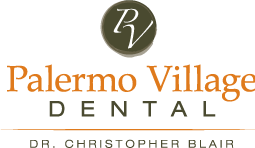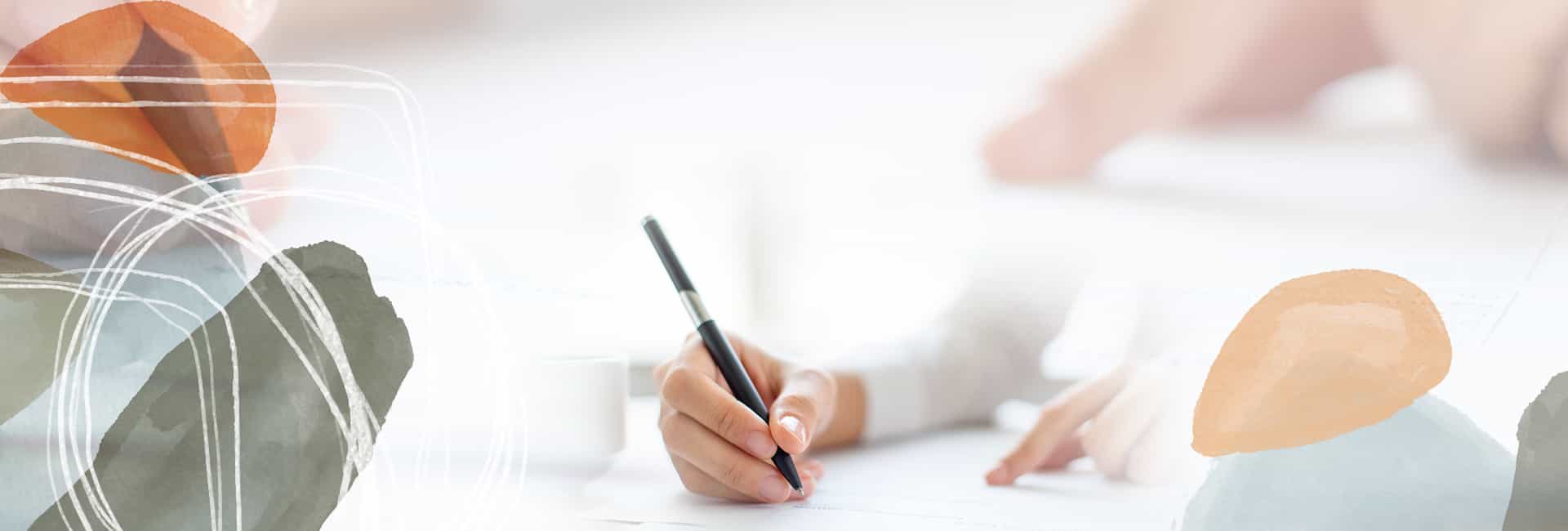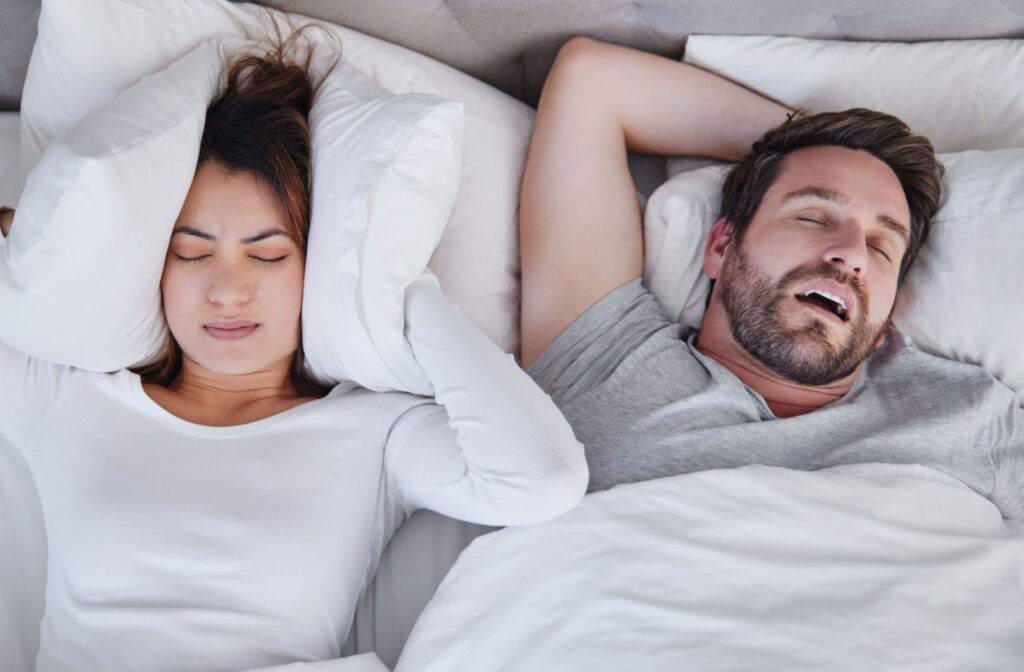Snoring can feel like a small annoyance, but its impact is anything but minor. From disrupting your sleep (and possibly your partner’s!) to causing fatigue and affecting focus during the day, snoring can take a serious toll on your daily life. But there’s good news: a CPAP machine can significantly reduce snoring, especially when that snoring is linked to sleep apnea.
It can be difficult to know if you snore if you don’t have someone to tell you about it in the morning—and trust us, they will let you know! However, snoring is linked to sleep apnea and often has other symptoms you can look out for.
Why Do We Snore?
Snoring happens when airflow through your throat or nose is partially obstructed during sleep. This obstruction causes tissues, like the soft palate or tongue, to vibrate as you breathe, creating that familiar (and often frustrating) sound.
Common factors that can cause snoring include:
- Age
- Sex
- Genetics
- Alcohol
- Sedatives
- Large tonsil or tongue
- Nasal congestion
- Weight
- Sleeping position
Snoring can also signal an underlying condition called obstructive sleep apnea (OSA). OSA occurs when the airway repeatedly becomes fully or partially blocked during sleep, disrupting breathing and lowering oxygen levels. Snoring is often one of the most noticeable signs of OSA, but it’s not the only one.
What Is Sleep Apnea?
Sleep apnea is a sleep disorder characterized by repeated interruptions in breathing during sleep. These pauses in breathing, known as apneas, can last for several seconds and often result in poor sleep quality and decreased oxygen levels in the blood. Sleep apnea not only impacts sleep but can also pose serious risks to overall health if left untreated.
There are 3 main types of sleep apnea:
- Obstructive sleep apnea (OSA): The most common form, caused by a physical blockage of the airway, often due to relaxed throat muscles.
- Central sleep apnea (CSA): Occurs when the brain fails to send proper signals to the muscles that control breathing.
- Complex sleep apnea syndrome (CSAS): Also known as treatment-emergent sleep apnea, it is a combination of both obstructive and central sleep apnea.
The common symptoms of sleep apnea include:
- Loud snoring
- Episodes of stopped breathing during sleep (observed by someone else)
- Gasping or choking sensations during the night
- Excessive daytime fatigue or sleepiness
- Difficulty concentrating or memory problems
- Morning headaches
- Irritability or mood changes
- Waking up with a dry mouth or sore throat

How CPAP Machines Affect Snoring
When snoring and sleep apnea are keeping you from enjoying a nice night, enter the Continuous Positive Airway Pressure (CPAP) machine. This device is a common sleep apnea treatment that works by keeping airways open throughout the night. A CPAP machine uses a mask connected to a pump that delivers a steady stream of pressurized air. This gentle airflow prevents blockages, allowing for uninterrupted breathing.
While CPAP machines are primarily designed for treating sleep apnea, reducing snoring is often a highly welcomed secondary benefit. By keeping airways open and stable, the machine minimizes the conditions that cause snoring.
For some, snoring might completely disappear after using a CPAP machine, while for others, it can still occur but at a much lower volume and frequency. This outcome depends on factors like the severity of your sleep apnea, mask fit, and machine settings. This is why it’s important to work closely with a sleep specialist to find the right CPAP setup and enjoy maximum effectiveness.
Exploring CPAP Alternatives for Snoring
Doctors don’t normally recommend CPAP machines if you don’t have sleep apnea, so if that solution isn’t the right fit, don’t worry. There’s a growing list of other snoring treatments available, each addressing different root causes:
- Lifestyle changes: Adjustments like maintaining a healthy weight, sleeping on your side, and addressing nasal congestion with medication or nasal strips can significantly reduce snoring.
- Oral appliances: Custom-made dental devices can reposition the jaw or tongue to keep airways open during sleep. These can be especially effective for people whose snoring comes from tongue collapse.
- Surgical procedures: For those with structural issues like a deviated septum or enlarged tonsils, surgical treatments might offer a long-term solution. Procedures can range from uvulopalatopharyngoplasty (UPPP) to laser-assisted uvula surgery.
- Solea Laser treatment: An innovative option like Solea Laser targets soft palate vibrations to reduce snoring without invasive surgery. Performed in short, painless sessions, Solea Laser has become a popular choice for those seeking non-invasive solutions.
Rest Easier with the Right Solution
Snoring doesn’t have to be a lifelong struggle. By identifying its cause and exploring personalized treatment options, you’re one step closer to quiet nights and energized days. Whether it’s using a CPAP machine to address sleep apnea or trying innovative treatments like Solea Laser, the power is in your hands to take control of your sleep.
If you’re seeking answers to persistent snoring or you suspect sleep apnea, we may have the answers. At Palermo Village Dental, we’re passionate about finding sleep solutions tailored to your unique needs. Our team is here to guide you toward a restful, rejuvenating sleep.
Take the first step today! Book an appointment with our trusted specialists and discover how we can help you breathe, sleep, and feel better.




